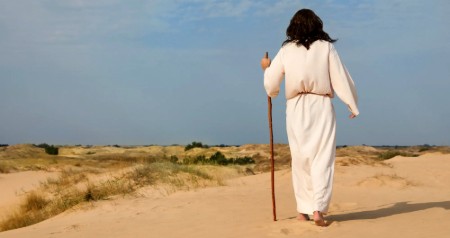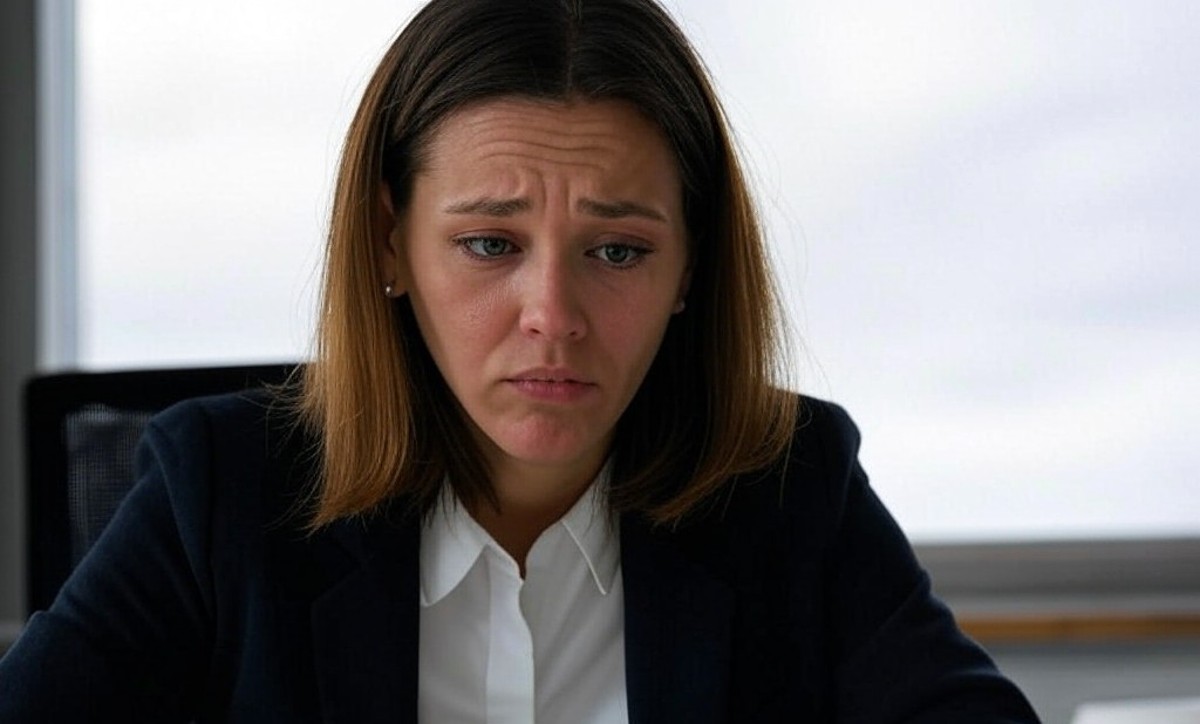We ask you, urgently: don’t scroll past this
Dear readers, Catholic Online was de-platformed by Shopify for our pro-life beliefs. They shut down our Catholic Online, Catholic Online School, Prayer Candles, and Catholic Online Learning Resources—essential faith tools serving over 1.4 million students and millions of families worldwide. Our founders, now in their 70's, just gave their entire life savings to protect this mission. But fewer than 2% of readers donate. If everyone gave just $5, the cost of a coffee, we could rebuild stronger and keep Catholic education free for all. Stand with us in faith. Thank you.Help Now >
Gambling becomes a college addicton, but new efforts are trying to address it
FREE Catholic Classes
(The Christian Science Monitor) - Colleges concerned about the addictive potential of gambling face an uphill battle against its glamorized image. Think ESPN's all-out coverage of poker tournaments or the parade of movies: Now it's "21," about six students beating the house in Vegas; 10 years ago, the popular film "Rounders" featured Matt Damon as a law student and high-stakes poker player.
Highlights
The Christian Science Monitor (www.csmonitor.com)
4/1/2008 (1 decade ago)
Published in Marriage & Family
Whether it's in dorm rooms or at a "casino night" fundraiser, gambling pervades college campuses. And more schools are starting to take notice of the problems it can spawn.
In Missouri, for example, a coalition of 12 schools is working hard to reach out to students about gambling. They're starting to address betting through orientations and health surveys. They're training financial-aid officers to ask about gambling debts if a student requests an emergency loan. And earlier this month, they promoted an educational website (Keeping the Score) with giveaways during National Problem Gambling Awareness Week.
Silence is still too often the response to the surge of gambling on campus, prevention advocates say, but they see hopeful signs of change in nascent efforts like these around the country.
Teachable moments abound. Colleges and universities should "take on a responsibility to provide information about the law, to challenge students to think about their own ethics and values ... to be sure they understand where they can go if they think they might have a problem," says George McClellan, vice chancellor for student affairs at Indiana University-Purdue University, Fort Wayne.
'Devastating' consequences
Forty percent of 18- to 22-year-olds gambled monthly in 2007, according to the Annenberg Public Policy Center in Pennsylvania. That percentage actually represents a decline from 2006, thanks in part to a federal law that curtailed Internet gambling. Still, last year, about 5 percent gambled weekly and had problems such as spending more money than they planned.
The numbers could rise again as people find ways around restrictions to gambling online, experts say. Historically, new waves of gambling have met societal pushback, but "the pushback never took [participation] back to where it was prewave," says Mr. McClellan, editor of "Gambling on Campus," a collection of articles.
McClellan has seen the "devastating" consequences firsthand. "I had a student who came to me for protection because others were threatening him around money he owed," he says. Others stole from roommates, student groups, and even academic departments.
Shannon Shorr remembers seeing e-mails about the dangers of gambling as a freshman at the University of Alabama, Birmingham, in 2003, but he wanted in on the poker boom. He started "$5 house games" with friends and quickly moved into Internet poker.
"I lost about $3,500 online, and that's a ton for college kid who didn't have much income," he says. Then he won $200,000 in a tournament and quit school to play full time. He says he wants to finish his degree soon, but he still plans to make a living from poker. Having seen the "brutal lows" of the gambling scene, though, he doesn't recommend it to others: "It's hypocritical for me to say, 'Stay in school - don't quit to play poker,' but I absolutely think you should stay in school," he says.
"They all think they're professional poker players," but the longer they play, the more they'll lose, says Arnie Wexler, a former gambling addict in New Jersey who gives talks and operates a counseling hot line. In the past few years, "one-third of all my calls ... are coming in from students from the age of 12 to 25 or the parents." One mother said her son is eligible for a college scholarship but he wants play poker instead.
Early bird catches to habit
There isn't enough help at colleges for the shame, stress, and isolation that problem gamblers can experience, Mr. Wexler and others say. At least one school, however - Texas Tech University in Lubbock - hosts Gamblers Anonymous meetings.
Studies show that the earlier people start risky behaviors such as drinking or gambling, the more likely they are to develop an addiction, says Keith Whyte, executive director of the National Council on Problem Gambling (help line: 800-522-4700).
In a survey of 119 colleges, only 22 percent had a gambling policy, Harvard researchers found in 2005. But more schools are paying heed. When the Massachusetts Council on Compulsive Gambling started offering training to college administrators three years ago, four schools participated. Now, it's up to 20. The National Collegiate Athletic Association also stepped up efforts after a 2003 survey that showed rampant gambling among student athletes.
Even at the University of Missouri, Columbia, where some innovations have taken place, it hasn't been easy to make a comprehensive policy. Kristy Wanner, gambling-prevention coordinator for the coalition of 12 Missouri schools, has brought together people from Greek organizations, residential life, the student conduct office, and other groups to discuss the matter. They don't plan a zero-tolerance approach but might regulate things like charity gambling.
They're also considering replacing casino nights - popular alcohol-free entertainment - with multiple-game events. "It's kind of reframing it in a way where it's not just Las Vegas night," Ms. Wanner says.
Join the Movement
When you sign up below, you don't just join an email list - you're joining an entire movement for Free world class Catholic education.
-

-
Mysteries of the Rosary
-
St. Faustina Kowalska
-
Litany of the Blessed Virgin Mary
-
Saint of the Day for Wednesday, Oct 4th, 2023
-
Popular Saints
-
St. Francis of Assisi
-
Bible
-
Female / Women Saints
-
7 Morning Prayers you need to get your day started with God
-
Litany of the Blessed Virgin Mary
Introducing "Journey with the Messiah" - A Revolutionary Way to Experience the Bible
-

Catholic Response to Devastating Los Angeles Wildfires
-

Federal Court Blocks Biden Administration's Gender Identity Rule
-
A Future for Life: Introducing the Winners of the Priests for Life Pro-Life Essay Contest
-
Reflections on Pope Francis' 2025 World Day of Peace message
Daily Catholic
 Daily Readings for Friday, January 10, 2025
Daily Readings for Friday, January 10, 2025 St. William of Bourges: Saint of the Day for Friday, January 10, 2025
St. William of Bourges: Saint of the Day for Friday, January 10, 2025 Prayer for a Blessing on the New Year: Prayer of the Day for Tuesday, December 31, 2024
Prayer for a Blessing on the New Year: Prayer of the Day for Tuesday, December 31, 2024- Daily Readings for Thursday, January 09, 2025
- St. Adrian, Abbot: Saint of the Day for Thursday, January 09, 2025
- St. Theresa of the Child Jesus: Prayer of the Day for Monday, December 30, 2024
![]()
Copyright 2024 Catholic Online. All materials contained on this site, whether written, audible or visual are the exclusive property of Catholic Online and are protected under U.S. and International copyright laws, © Copyright 2024 Catholic Online. Any unauthorized use, without prior written consent of Catholic Online is strictly forbidden and prohibited.
Catholic Online is a Project of Your Catholic Voice Foundation, a Not-for-Profit Corporation. Your Catholic Voice Foundation has been granted a recognition of tax exemption under Section 501(c)(3) of the Internal Revenue Code. Federal Tax Identification Number: 81-0596847. Your gift is tax-deductible as allowed by law.






 Daily Readings for Friday, January 10, 2025
Daily Readings for Friday, January 10, 2025 St. William of Bourges: Saint of the Day for Friday, January 10, 2025
St. William of Bourges: Saint of the Day for Friday, January 10, 2025 Prayer for a Blessing on the New Year: Prayer of the Day for Tuesday, December 31, 2024
Prayer for a Blessing on the New Year: Prayer of the Day for Tuesday, December 31, 2024

